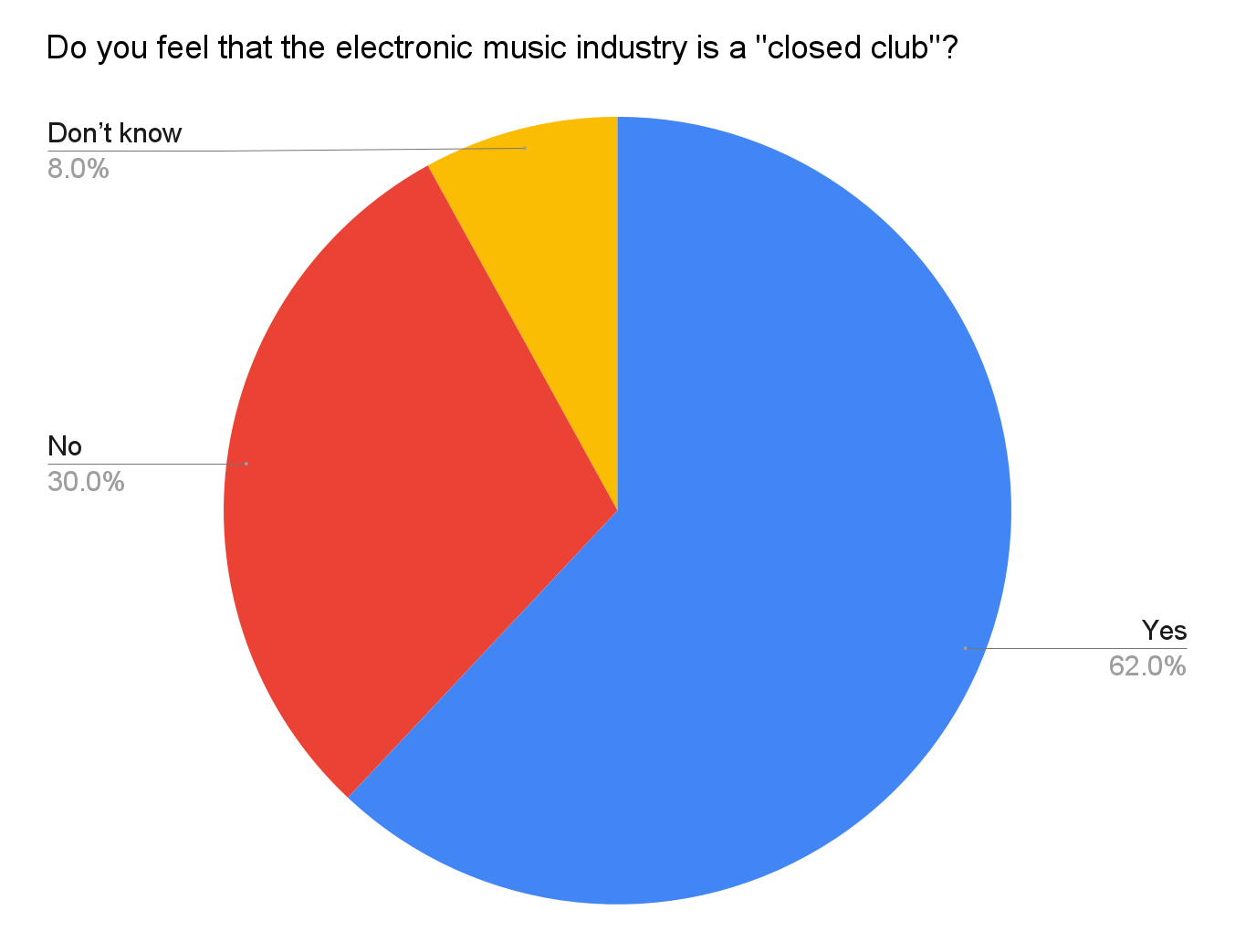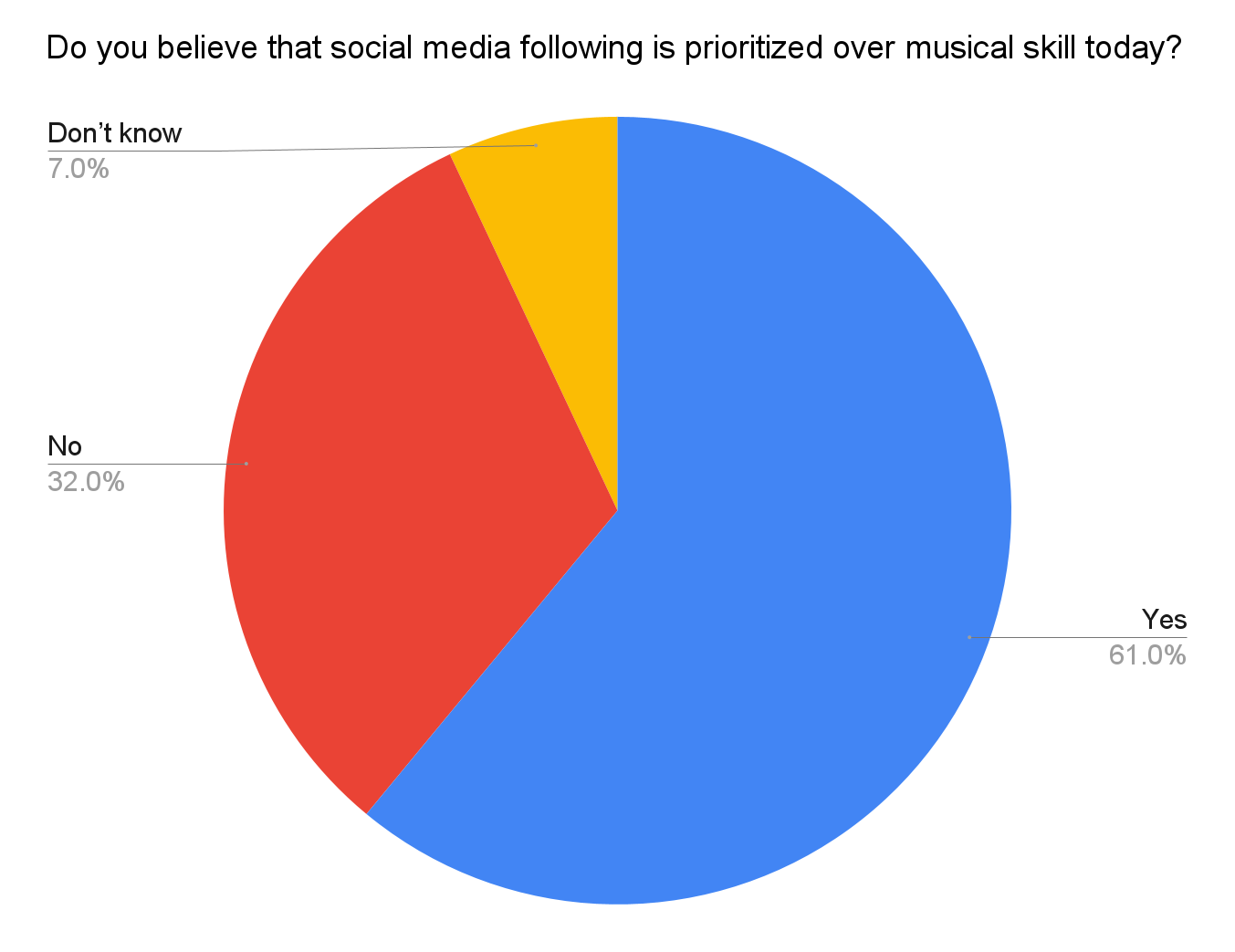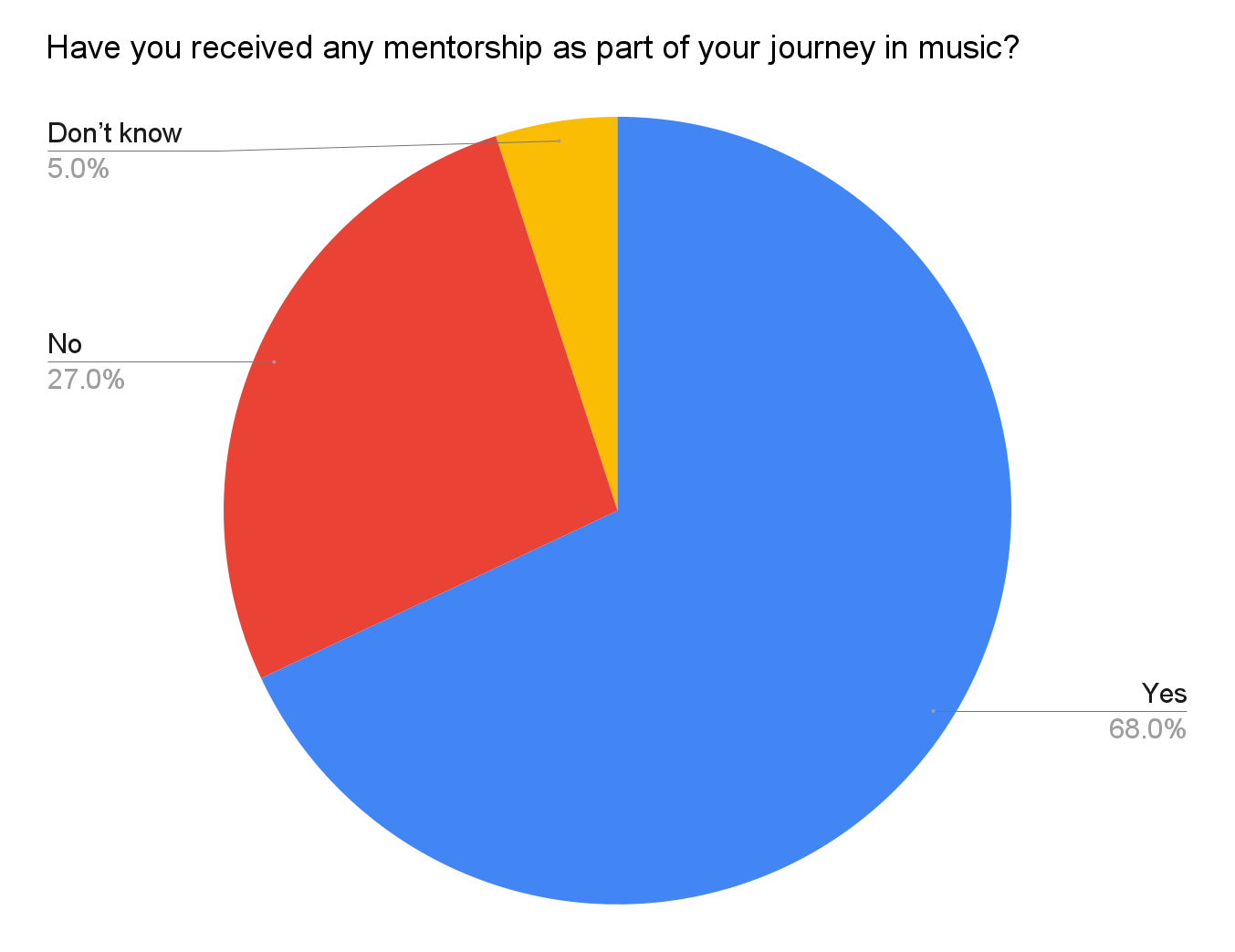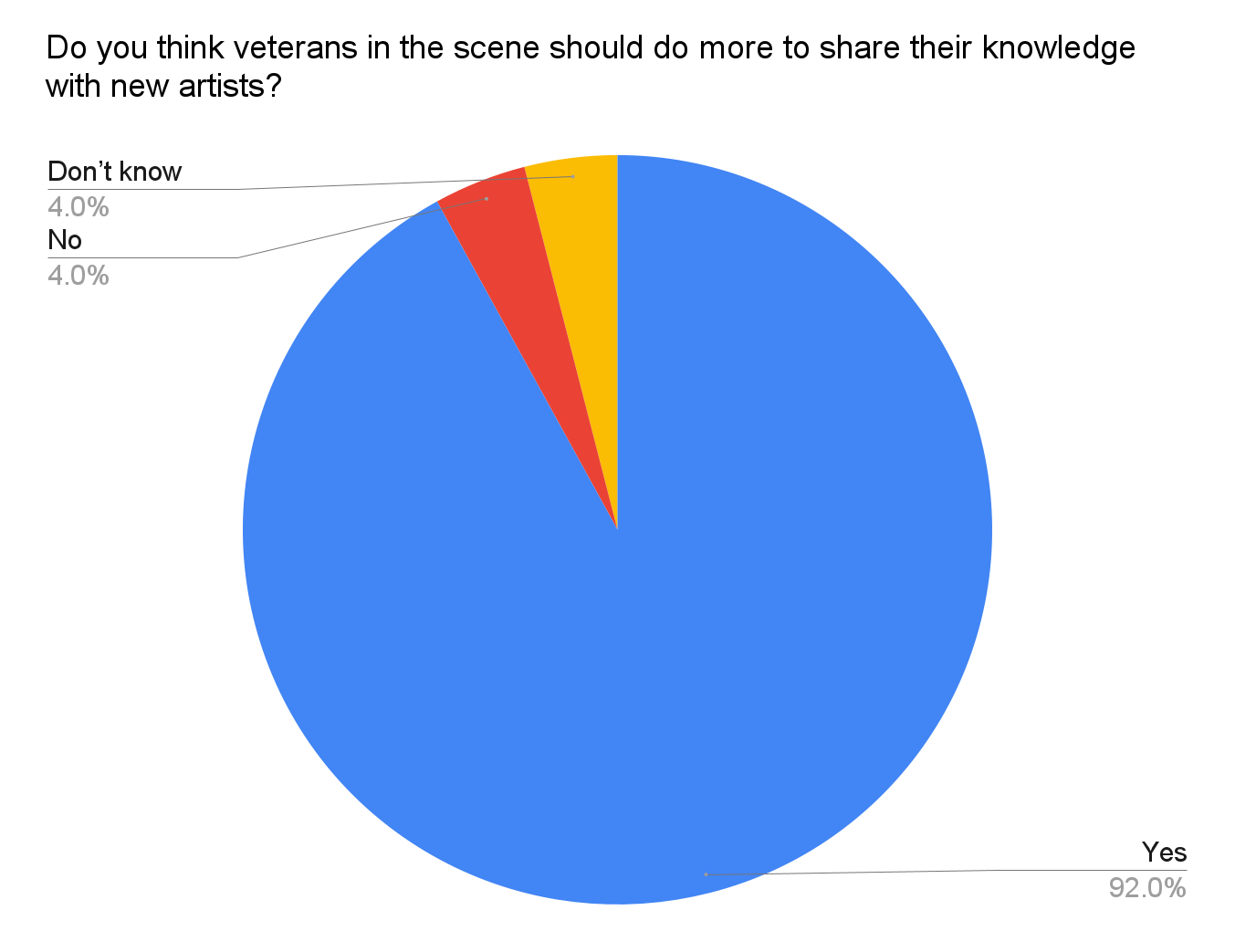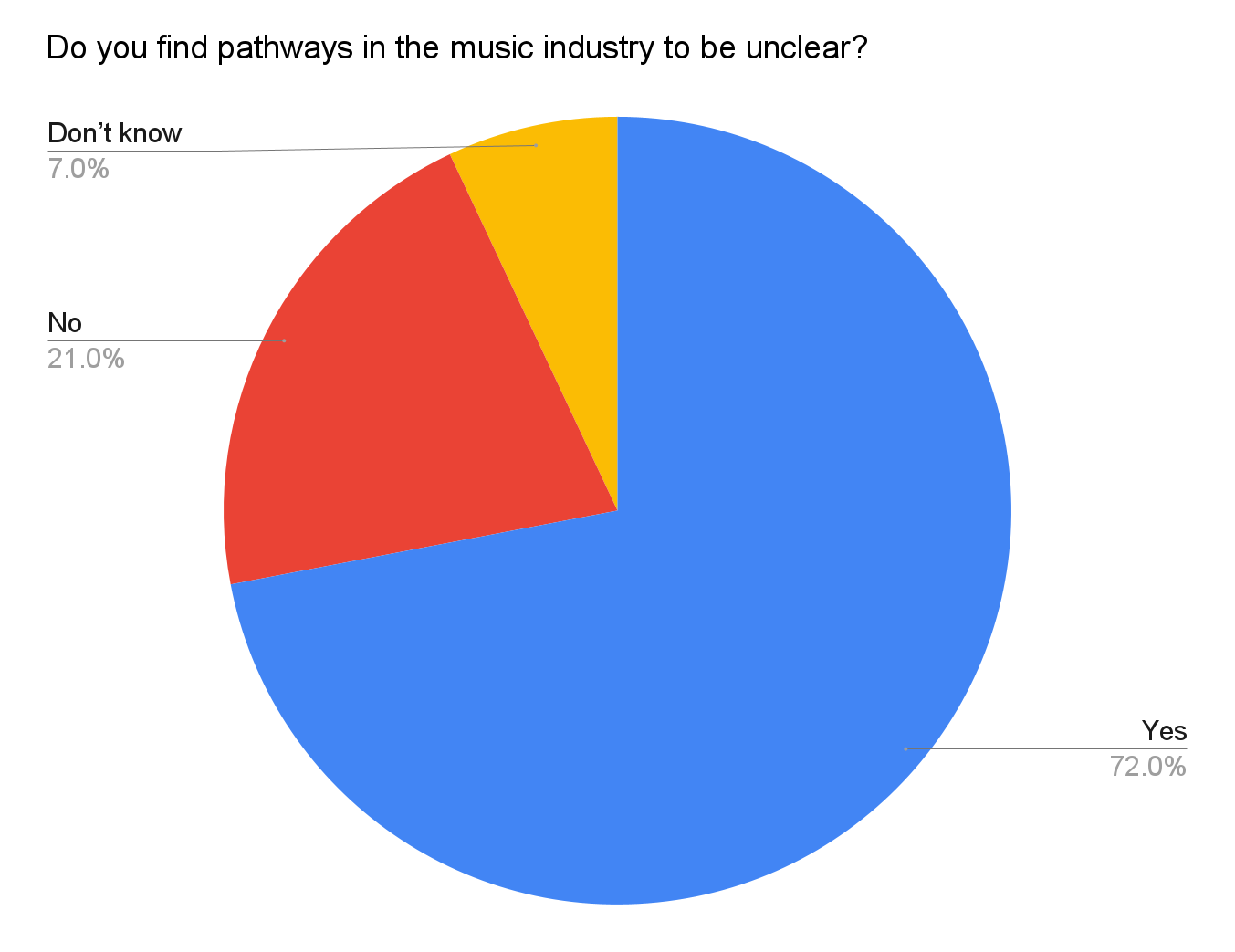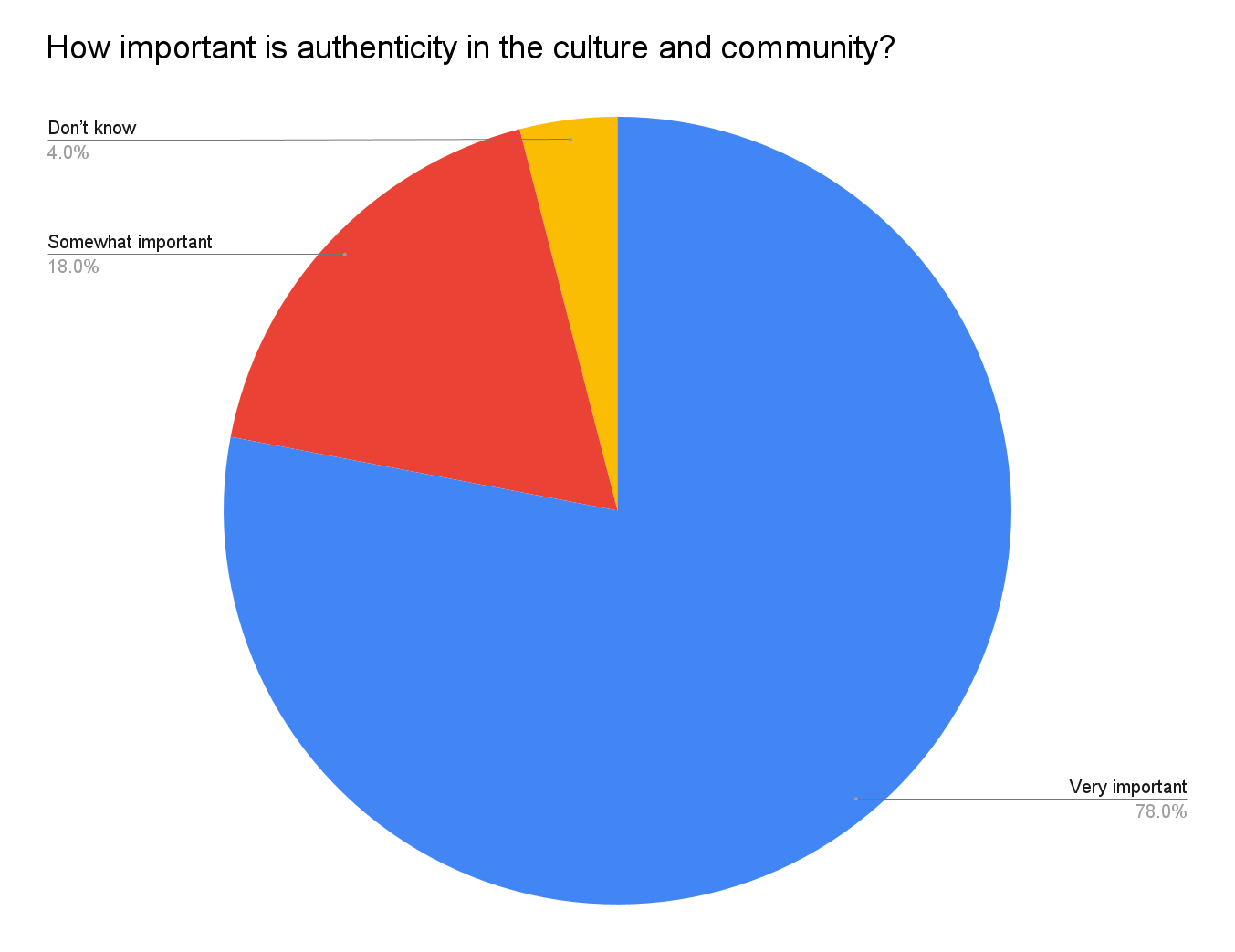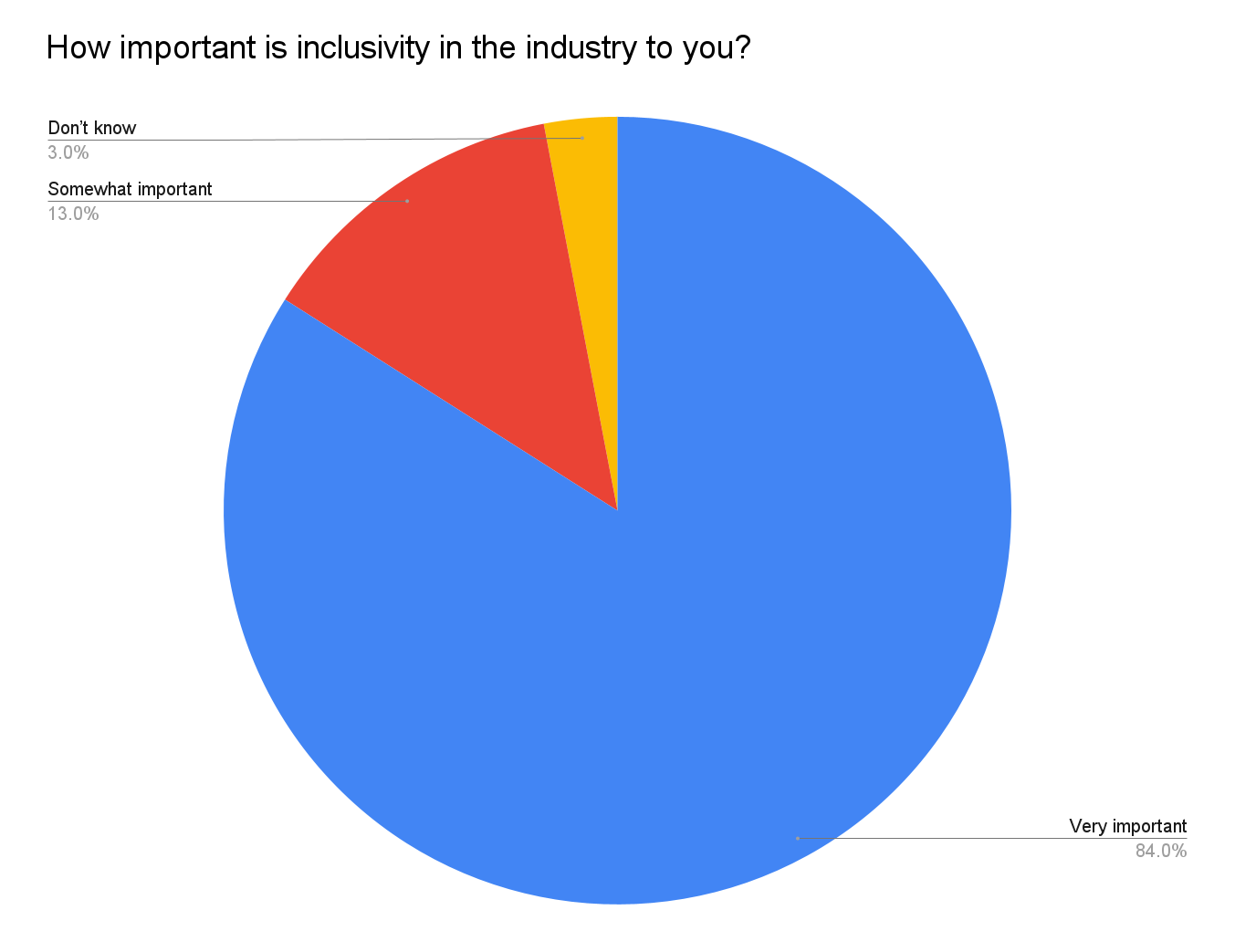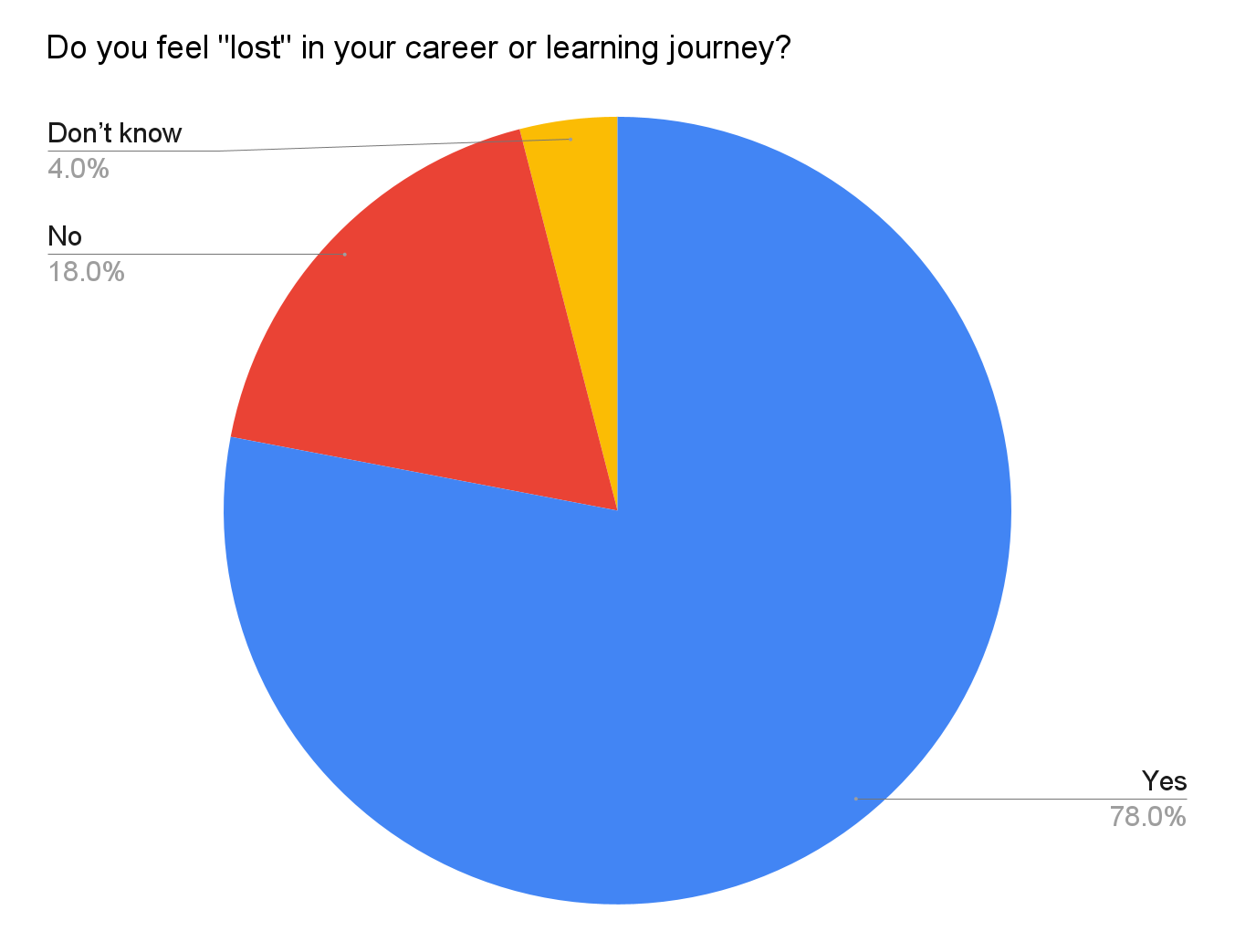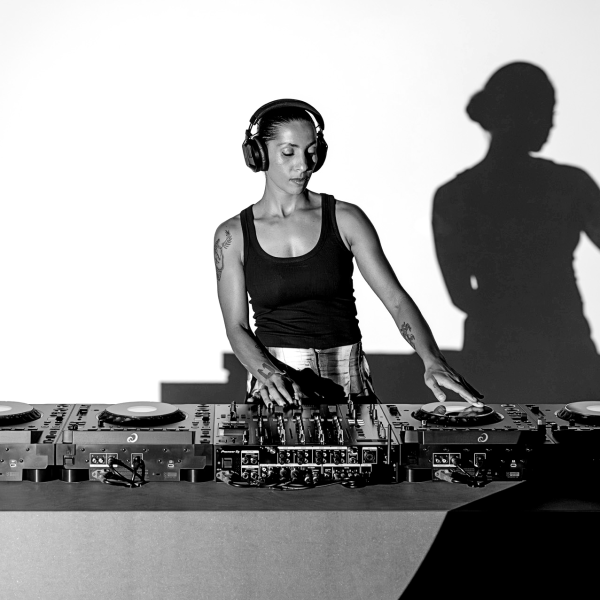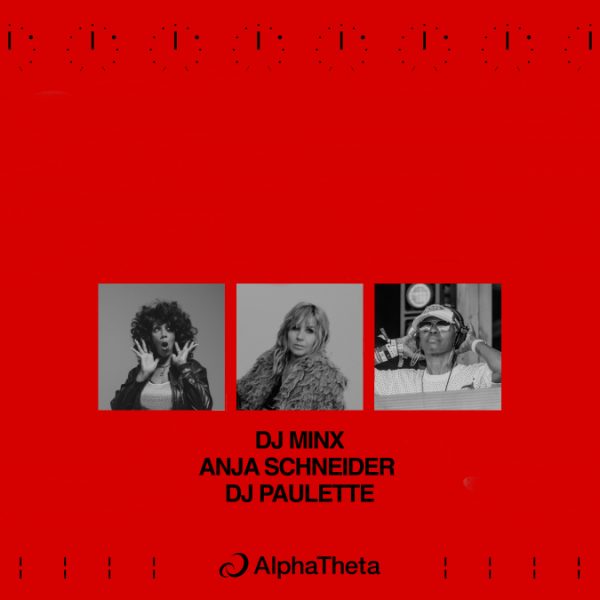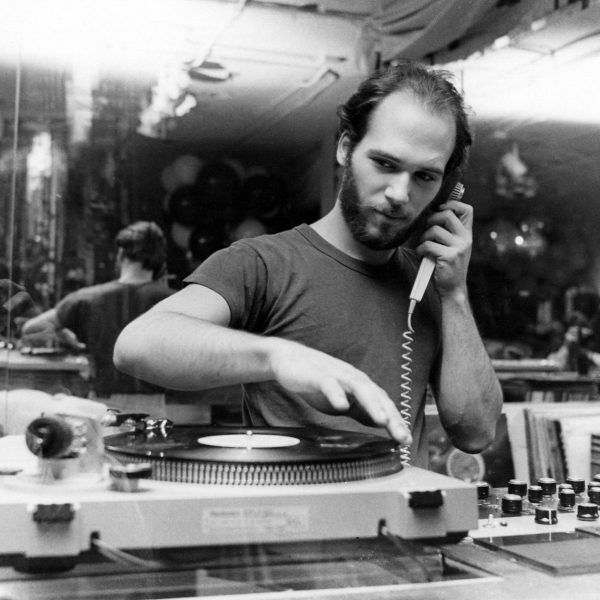You may be aware that earlier this year we began a DJ Career Guide, with information and advice about successfully navigating the DJ world. In one article we focussed on the biggest challenges in building a sustainable and artistically rewarding career, discussing oversaturation, social media’s distorting effect on the scene, and the mental toll that trying to “make it” creates.
The Pete Tong DJ Academy recently asked around 2000 of its students, from 70 different countries, about their thoughts and experiences as aspiring DJs, and the results of that survey give us a perfect companion to our article. The data, some of which we share here below, is like an emotional barometer of what it’s like to dream of DJing in the 2020s.
Founded in 2022, the Pete Tong DJ Academy was set up to reshape the way electronic music talent is discovered, educated, and elevated. Through their online campus, the Academy has welcomed around 10,000 students from more than 140 countries, who have been drawn to a heavyweight faculty that includes Pete Tong, Carl Cox, Nicole Moudaber, Adam Beyer and TSHA. Last month they introduced a refreshed curriculum that now includes a production course with taught by Diplo, Parisi and Âme, and a mixing and mastering course with Luca Pretolesi.
There are some thoughts from Pete Tong below about the results, but here’s Alex Tripi, their CEO, on what he made of the survey results. “The data is loud, but the message behind it is even louder: the next generation is asking for vision, not shortcuts,” he said. “They don’t want to copy us—they want to build something of their own, and they’re looking for guidance, not gatekeeping. That’s not just a challenge for education, it’s a challenge for the entire ecosystem—from clubs to media, from veterans to fans.
“We need to rebuild the foundation of this culture, starting with mentorship, inclusion, and real connection. Not because it’s trending, but because it’s what made this scene matter in the first place.”


